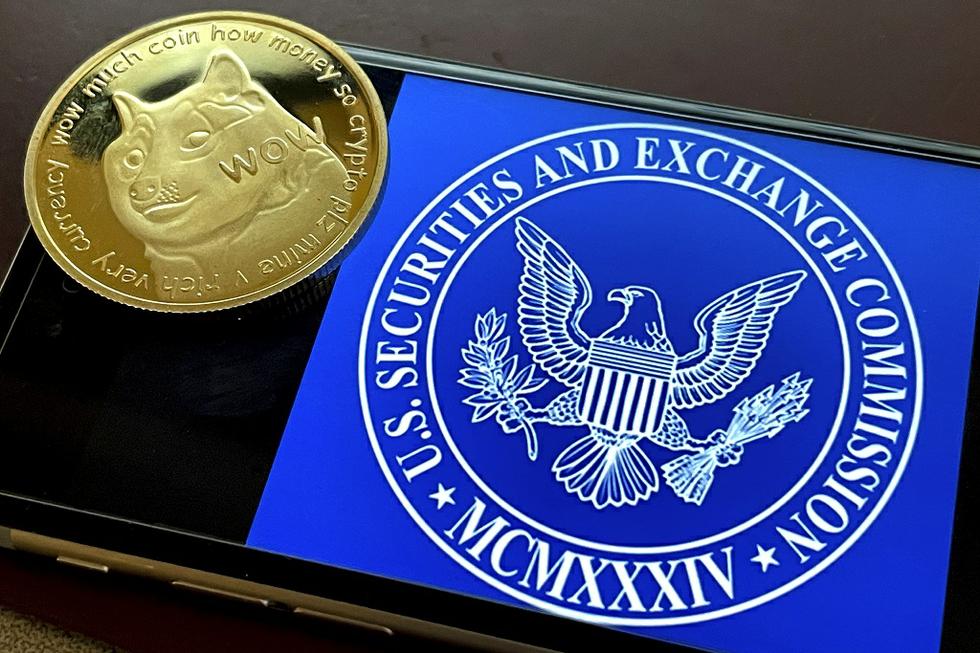The US Securities and Change Fee (SEC) is understood for coming down arduous on the digital belongings trade, together with accusing a number of companies of buying and selling “unregistered securities.” This time round, the regulator has charged a crypto fund with deceptive traders, marking the “first violation of the SEC’s amended advertising and marketing rule.”
Crypto Fund Promised Buyers 2,700% Returns
In a launch dated August 21, the SEC charged a New York-based FinTech agency Titan World Capital Administration, for “misrepresenting hypothetical efficiency of investments.” In line with the regulator, the hypothetical efficiency metrics which the corporate utilized in promoting have been deceptive.
Titan is alleged to have provided funding providers to retail traders by way of its cellular buying and selling app between August 2021 to October 2022. As a part of its promoting campaigns, it misrepresented the fund’s hypothetical efficiency and promised traders an annual return of two,700% for its crypto fund.
The SEC alleges that these representations misled shoppers as a result of Titan failed to tell potential traders that the “annualized” efficiency outcomes have been based mostly on projections from the fund’s efficiency in its first three weeks, and there was no assurance that it could get pleasure from such optimistic outcomes all year long.
As such, the company said that Titan violated the advertising and marketing rule “by promoting hypothetical efficiency metrics with out having adopted and carried out required insurance policies and procedures” and likewise failed to stick to the rules stipulated within the Fee’s advertising and marketing rule.
Complete market cap trailing $1.032 trillion | Supply: Crypto Complete Market Cap on Tradingview.com
SEC’s Advertising Rule
The Fee up to date Rule 206 (the advertising and marketing rule) of the Funding Advisers Act in 2020, and a part of the amendments centered on disclosures made by funding advisers like Titan.
As on this case, the amended rule made provisions for utilizing hypothetical efficiency metrics. Nonetheless, these advisers have been required to adjust to necessities that the SEC had designed to stop fraud.
As a part of these necessities, Titan was meant to have supplied potential traders with sure data underlying the hypothetical efficiency. Nonetheless, it failed to take action and fairly painted a “deceptive image of sure of its methods for traders.”
Titan was additionally charged with different violations, together with making “deceptive disclosures” to shoppers concerning the custody of their crypto belongings. Titan additionally gave shoppers the impression that they couldn’t carry sure causes of motion in opposition to the corporate because the consumer agreements contained non-waivable clauses.
Moreover, the corporate did not get shoppers’ authorization earlier than finishing up particular trades with their belongings.
Titan agreed to cooperate with the Fee on its discovering that it violated the Advisers Act. So it’ll adjust to the SEC’s cease-and-desist order as a part of the settlement. The corporate may even return $192,454 representing earnings from its wrongful conduct and pay an $850,000 civil penalty that might be distributed to affected traders.
Featured picture from The American Prospect, chart from Tradingview.com









![Methods to Purchase DeFi Pulse Index on CoinStats [The Ultimate Guide 2022]](https://bitrrency.com/wp-content/uploads/2022/05/DeFi_Pulse_og-100x70.png)

